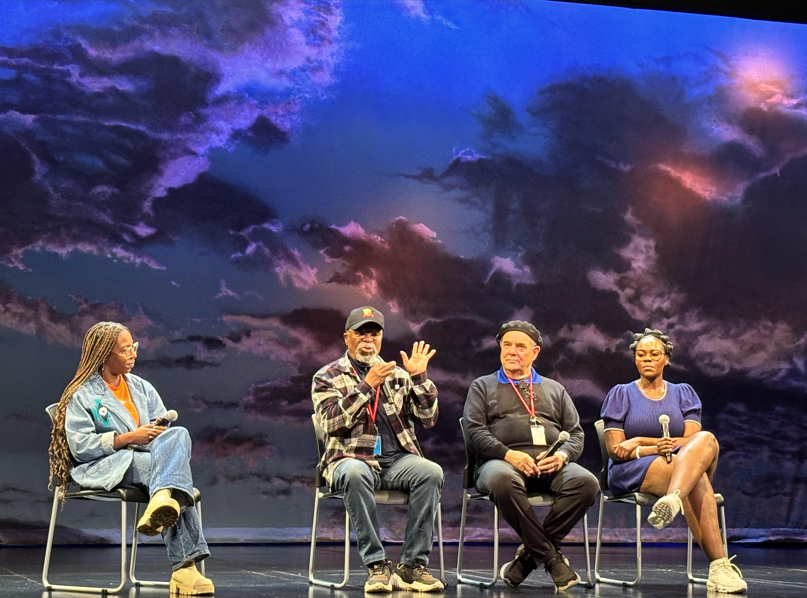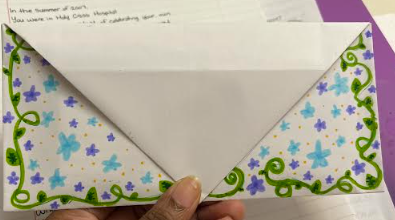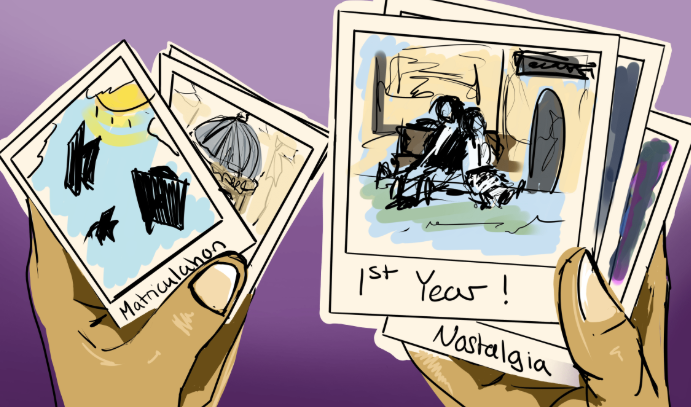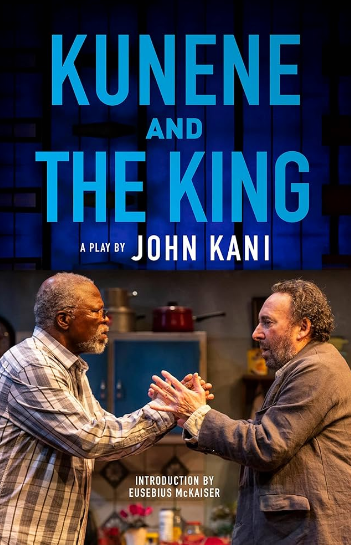 On Wednesday, March 5th, seventy-seven Springbrook students across different grade levels went to the Shakespeare Theater Company’s Klein Theater on 7th Street, D.C. to watch Kunene and the King. At 9:50, they were the first students to arrive after a 1 hour trip, using two shuttle buses. Students from all over the metropolitan area, from places like Prince George’s County, Howard County, and Frederick County, also came to see the production.
On Wednesday, March 5th, seventy-seven Springbrook students across different grade levels went to the Shakespeare Theater Company’s Klein Theater on 7th Street, D.C. to watch Kunene and the King. At 9:50, they were the first students to arrive after a 1 hour trip, using two shuttle buses. Students from all over the metropolitan area, from places like Prince George’s County, Howard County, and Frederick County, also came to see the production.
Ms. Vicino-Coleman, the field trip coordinator and IB Theater teacher, said that, “The live theater creates a tangible, visceral connection to another person’s life.”
 Kunene and the King is a two man show set in South Africa in 2019. Lunga Kunene is played by playwright John Kani, Jack Morris is played by Edward Gero, and Ntebo is a supporting actress, who sings between scenes. It’s been 25 years since apartheid, an institutional system of racial segregation in South Africa. During apartheid, white people were given political, economic, and social advantages over black people.
Kunene and the King is a two man show set in South Africa in 2019. Lunga Kunene is played by playwright John Kani, Jack Morris is played by Edward Gero, and Ntebo is a supporting actress, who sings between scenes. It’s been 25 years since apartheid, an institutional system of racial segregation in South Africa. During apartheid, white people were given political, economic, and social advantages over black people.
Jack Morris is an elderly white, South African who struggles with an alcohol addiction. When he gets diagnosed with stage 4 liver cancer, a nurse is sent to take care of him. This nurse, to the great surprise of Jack, turns out to be an elderly black, South African man named Lunga Kunene who will stay with him all hours of the day.
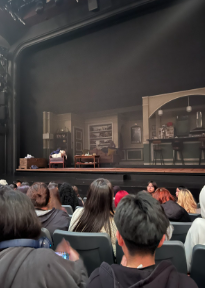
The play follows their conflicting perspectives as Lunga takes care of Jack. They both learn from each other and find common ground in their love of Shakespeare. Jack is a prestigious actor who can no longer perform and Lunga was a student who found great enjoyment studying Shakespeare translated into his own language, Xhosa. Jack aspires to beat his cancer and return to the stage as King Lear and Lunga helps him learn his lines.
Before each of the three scenes, a character called Isithunywa, played by South African artist from the Eastern Cape Ntebo, sang enchanting songs in stunning outfits.
“Her music blends African folk, jazz, and Afro-soul with her classical opera training, creating a unique sound that honors her roots while resonating globally” (written in a cast biography issue).
After the play finished, students had a chance to ask cast members questions. A key question was how Jack and Lunga’s relationship was created. John Kani answered that “culture is only dictated by the square foot you’re standing on… so culture does not divide us, it complements our diversity… I was trying to find what would make Lunga, a black man post apartheid, have a relationship with Jack.”
Additionally, Vicino-Coleman, IB Theatre instructor, says that theater has the ability to instill empathy in people, so whenever she’s planning a field trip, she’s going to pick a theatrical production.
As a student (Enam), I greatly enjoyed this production. I loved the dynamic between Morris and Kunene. My favorite part of the play was when Morris teaches Kunene about acting Shakespeare. He says that you can’t just say a line, you have to know the purpose and emotion behind that line. As a singer, this struck a chord with me.

